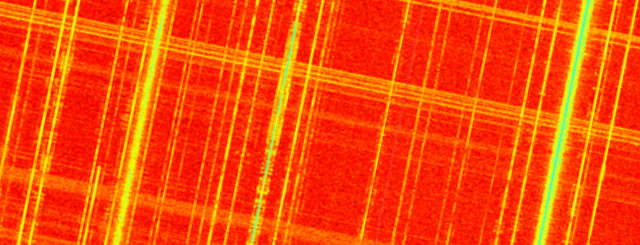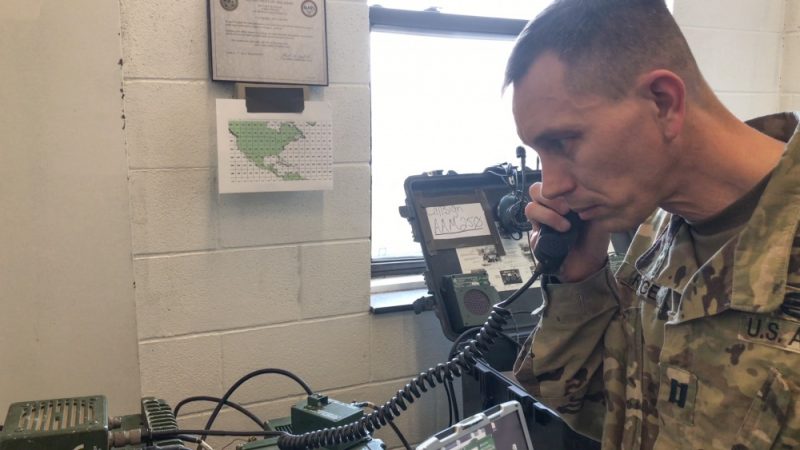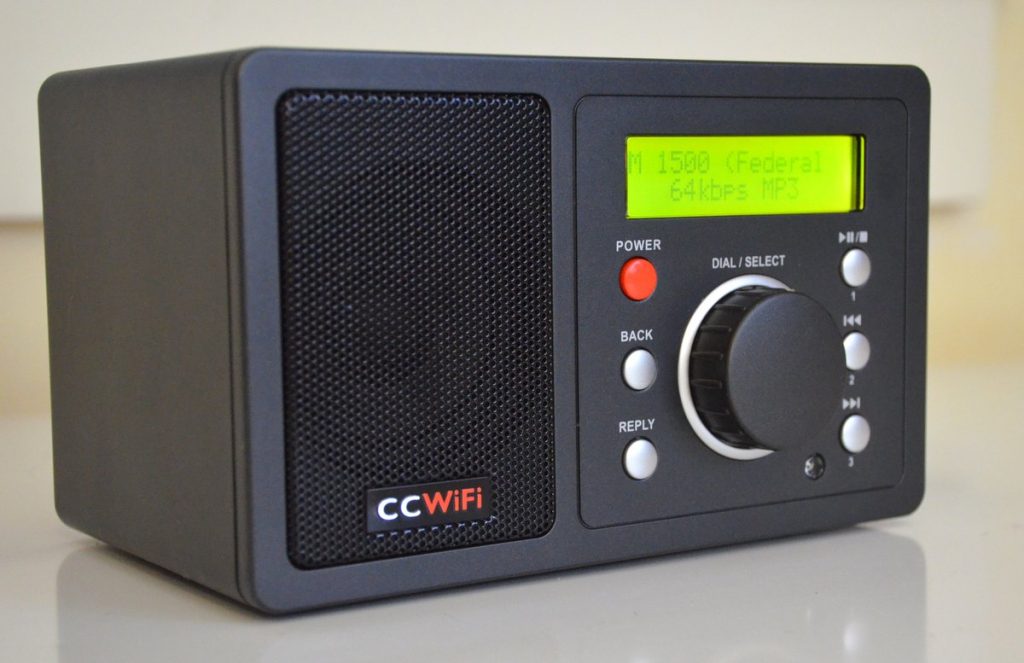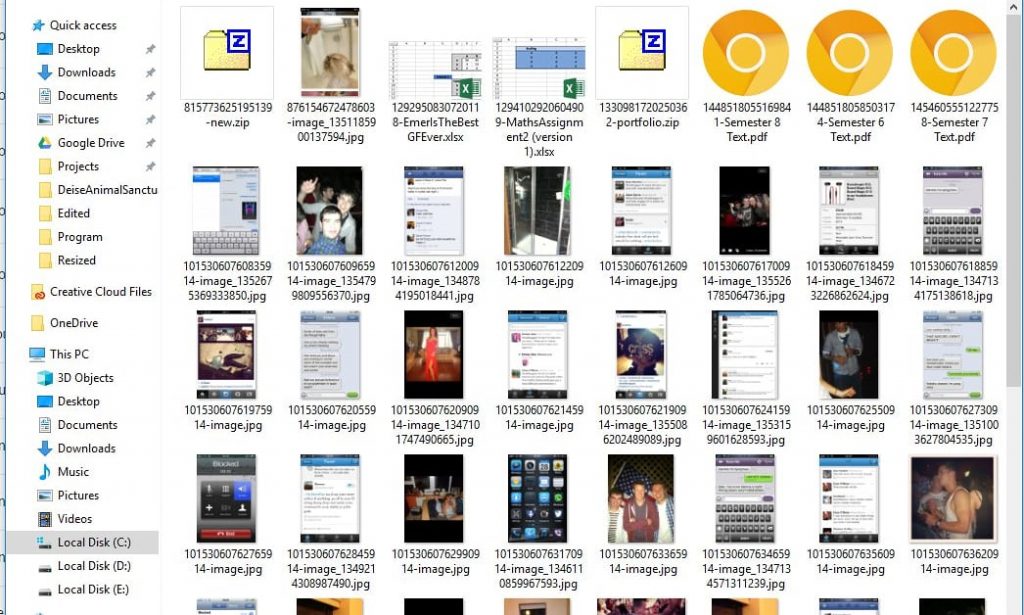(Source: SNIPER IN MAHWAH & FRIENDS)
I’ve heard that years ago, there was a stable business selling microwave data radios to local governments for networking their offices. Then the traders discovered microwave and everything changed for the radio vendors. Their new customers weren’t so much concerned about the cost—they just wanted the lowest-possible latency in the radios and repeaters.
I’m picking up signs that vendors in other industry segments are now seeing a surge in their business with the recent interest in shortwave trading. For example, TCI has had a good business making shortwave antennas for 50 years. Then they issued a press release in April 2018 saying they’re now working with “non-government customers to provide HF antenna communication systems that minimize timing-latency.”
Bloomberg has picked up the story of shortwave trading, digging through public records to disclose ownership of a site I described in a previous post. It seems like this is a hot topic!
In this post, I’ll show some recent site changes, document a fourth CME/Europe shortwave trading site I’ve discovered, detail discoveries from my trip up the east coast, discuss regulatory questions, cover two patents on shortwave trading, some miscellaneous things, and finally explain the connection between a sax-playing sheep farmer and shortwave trading. This is a long post and these are varied topics, so please just skip to the next section if you’re not engaged.[…]





